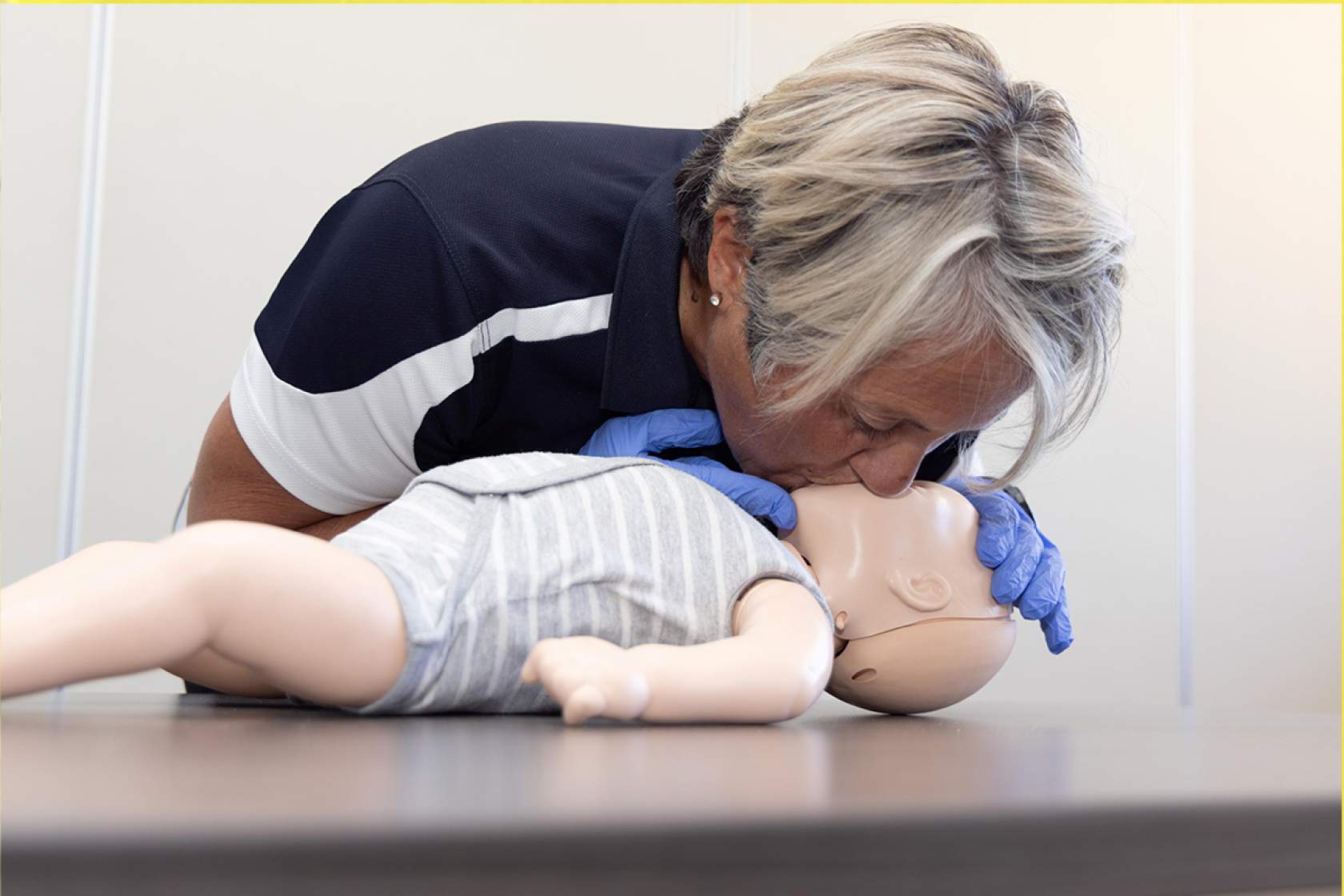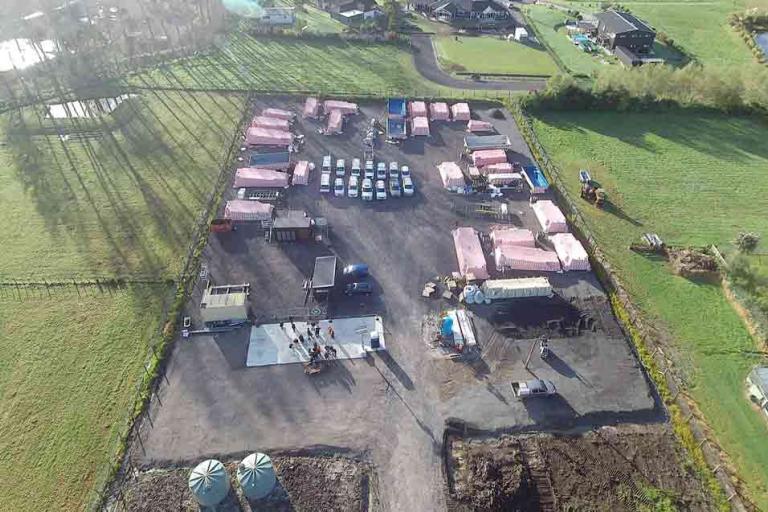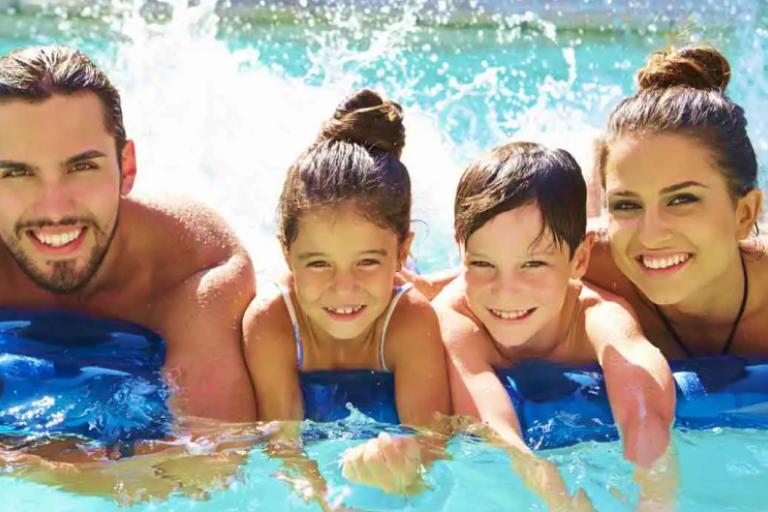Free CPR and first aid courses for parents of toddlers

Despite growing awareness, lifesaving skills in the home remain worryingly low – with only one in four parents updating their skills annually. These figures have remained unchanged for more than a decade – prompting renewed warnings about the urgent need for lifesaving and first aid education at home.
Knowing how to respond with first aid is critical – 45 per cent of all child injuries requiring hospitalisations occur at home. To improve home safety, Royal Life Saving (RLS) and Kids Alive are calling on parents and carers to refresh their skills, relaunching The Heart Beat Club – a free online course focused on teaching CPR and first aid for babies and young children.
“We’re seeing the same story year after year – parents understand that CPR and first aid are important, but they’re not acting on that knowledge,” says Lauren Nimmo from RLS.
“Emergencies unfold in seconds, and without basic skills, parents can be left helpless in those critical first moments. The Heart Beat Club is designed to break down barriers – it’s free, takes just one hour, and could save a life.”
The top causes of child injuries at home included falls (33 per cent), contact with objects (20 per cent), and transport-related incidents (14 per cent), such as bike accidents. Infants are particularly vulnerable, with the highest rate of hospitalisation due to choking and suffocation.
In 2024, there were 15 drowning deaths in children under five, with 40 per cent in backyard pools and 27 per cent occurring in baths. Alarmingly, there was also a 30 per cent increase in drowning deaths among children aged 5-14, compared to the 10-year average.
Founder of Kids Alive, Laurie Lawrence, says the need to be able to take action at home had never been more urgent.
“Most people think drowning happens at the beach or on holidays – but the biggest danger for children is right in your own home ,” he says.
And when things go wrong, it’s usually a family member that needs to step in and do something to help. The only thing that can buy you time and improve the chances of survival is CPR.
“The issue is resuscitation and first aid knowledge significantly fades within three to six months, yet most parents don’t update their training for years – if ever.
“We want parents and carers to stop being complacent and be prepared should the worst happen. It could just save your child’s life.”
The Heart Beat Club offers online access to a comprehensive training program covering CPR, choking, burns, scalds, shock, bleeding and other first aid essentials. The course is self-paced and specifically tailored for parents and carers of babies and toddlers.
The program is a great option for refreshing knowledge as it removes barriers like cost and time – but we also encourage parents to further develop their skills by attending an in-person course.
Registration is open until May 31 at www.heartbeatclub.org.au
Swim Schools - let your members know about the offer.
Case study: Emma De Longis and daughter Mia
Emma De Longis knows firsthand how quickly things can go wrong — and how vital CPR skills are when they do. Her daughter Mia was five when she slipped silently under the water while playing in the backyard pool with her siblings and cousins.
“I was right beside the pool with my cousin, watching all five of our kids play,” Emma says.
“I looked down for a moment to mix a bottle for my newborn – in those few moments Mia lost her grip on the edge of the pool and sank to the bottom.”
Emma’s older son and his cousin noticed Mia underwater and pulled her to the surface, calling for help.
“She was blue and lifeless. It was every parent’s worst nightmare,” says Emma.
Emma had completed a CPR course and sprang into action, performing mouth-to-mouth and compressions.
“She eventually took a breath and opened her eyes – but they were glassy, and she began vomiting. I was terrified. The ambulance arrived, and we were rushed to hospital. Mia had fluid in her lungs and her oxygen levels were dangerously low.”
Mia thankfully made a full recovery with no lasting damage but Emma says the trauma of the experience will never leave her.
“Drowning is silent. It’s not like the movies. There’s no splashing, no screaming. It just happens – fast. What we saw that day is something no parent should have to see.”
Emma now urges every parent to learn CPR and never become complacent.
“If you have kids, you need to know first aid and CPR. That momentary lapse in attention could happen to anyone – but what you do next can mean the difference between life and death.”




